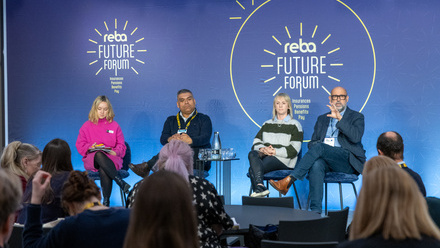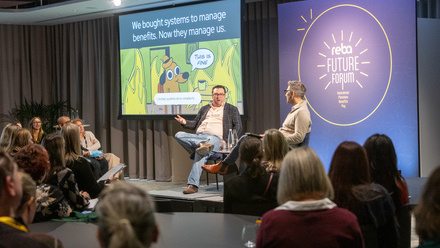Five tips for sharing best reward practice across worldwide locations

While reward is universally relevant, there are differences between countries and cultures that can sometimes be overlooked. To achieve success, it’s important to cater for these differing needs so that employees are recognised in the most meaningful and effective way. Here are five top tips for implementing a global reward initiative:
- Be sensitive to cultural nuances - How people are rewarded and to what degree, even language differences, can sometimes be overlooked. To avoid this, clarify your reward objectives and priorities for each country. For example, when it comes to recognition, American employees are most likely to value performance-based recognition whereas in India, constant recognition for all manner of achievements is craved. Indian workers also want to be highly praised and celebrated in front of their co-workers and be part of big scale appreciation ceremonies. So, consider what’s important for each region and how best to deliver it. After all, a rewards programme that isn’t considered meaningful or relevant to employees will simply fail.
- Develop equitable reward solutions – It’s important that the employer rolls-out a cross-company rewards programme that considers local needs. This ensures fairness and equitable experiences while allowing the employer to more easily track the success of the programme. The value of rewards must be equitable to each region, but also take into account reward preferences, it is unlikely that an employee in China will have exactly the same desires or expectations as an employee in the UK.
- Align worldwide through effective communication – Ensure communications from one country to the next are aligned without losing sight of communication preferences for the different regions. Research tells us that Australian employees prefer email-based communication, whereas in Japan, verbal communication is championed. Ensuring employee communications are consistent, but also tailored accordingly, will ensure they are effective and relevant.
- Identify advocates – Involve local leaders in the programme and encourage ‘reward advocates’ who can advise on reward best practice for that region and can act as champions of the programme. They could even offer training courses such as ‘how to deliver effective recognition’, helping to spread uptake and spark enthusiasm. Local advocates will also ensure nothing inadvertently ‘slips through the net’ such as forgetting regional or religious celebrations that require their own consideration.
- Seek the advice of providers with a global footprint – 42 per cent of organisations run rewards initiatives in-house with 26 per cent using an external provider and the remainder using a combination of both. The most successful are those that draw on the knowledge of an expert adviser because in-house teams rarely have the time and resources to give a rewards programme the attention it deserves. By investing in a rewards provider with a global mind-set, and the ability to offer support locally and not just to the HQ, the likelihood of success is further increased.
Embarking on a worldwide rewards programme may seem a daunting task, however with due planning and consideration, success can result. The key is to think globally without losing sight of local needs. By taking this approach, you can expect a globally engaged and motivated workforce and an exemplary company culture.
This article is provided by O.C.Tanner.
Supplied by REBA Associate Member, O. C. Tanner
Giving teams the integrated tools they need when, where and how they need them.







